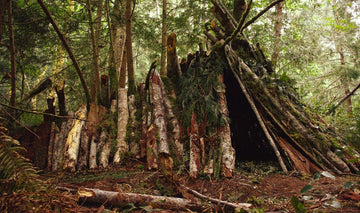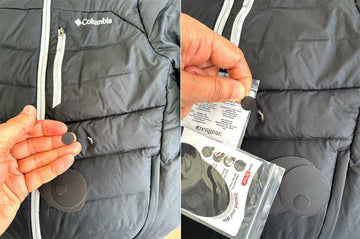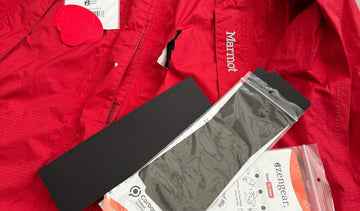12 Essential Survival Skills Every Camper Should Know
by Emily Jannet on Jan 26, 2024
Camping is a thrilling adventure that connects us with nature, but the great outdoors can be unpredictable. Whether you're an experienced outdoors enthusiast or a novice camper, having a solid set of survival skills is essential. In this guide, we'll explore survival skills, covering indispensable techniques that every camper should know to navigate unexpected challenges and ensure a safe outdoor experience.
-
Building a Shelter
One of the first priorities in a survival situation is creating shelter. Know how to construct a simple but effective shelter using natural materials. Master the art of building a lean-to, debris hut, or improvised tent. Your ability to create a shelter quickly can mean the difference between comfort and exposure.
-
Finding and Purifying Water
Water is a fundamental element for survival. Learn to identify potential water sources in the wild, such as streams, lakes, or even rainwater. Understand water purification methods like boiling, using purification tablets, or portable filters. Always carry a reliable water container for collecting and transporting water.
-
Starting a Fire
Fire is a multi-functional tool in the wilderness. Practice different fire-starting techniques, including using a fire starter, matches, or a primitive fire-making method like friction fire. Learn how to build a proper fire pit, and understand the importance of gathering dry tinder, kindling, and fuel for a sustained blaze.
-
Navigating with Map and Compass
Getting lost in the wilderness is a common concern. Familiarize yourself with map reading and using a compass. Learn to orient the map, follow contours, and understand symbols. A basic understanding of navigation can help you find your way back to camp or locate nearby resources.
-
Emergency Signaling
In the event of an emergency, being able to signal for help is crucial. Carry a whistle, a mirror, or even a signaling device like a flare. Learn universal distress signals and use them to attract attention. Make sure to signal in open areas for better visibility.
-
Foraging for Edible Plants
Knowing how to identify edible plants in the wild can supplement your food supply. Invest time in learning about local flora and fauna, understanding which plants are safe to eat, and how to properly prepare them. Be cautious and double-check your knowledge with reliable sources or experts.
-
Basic First Aid
Accidents happen, and being prepared with basic first aid knowledge can make a significant difference. Learn how to clean and dress wounds, treat burns, and manage common outdoor injuries. Carry a well-stocked first aid kit and know how to use its contents effectively.
-
Building and Using Tools
Crafting simple tools from available resources can enhance your survival skills. Understand how to create basic tools like a knife, spear, or digging stick. Knowing how to use these tools for various tasks, from hunting to building, is a valuable skill in a survival situation.
-
Understanding Wildlife
Familiarize yourself with the wildlife in the area you're camping. Learn about the behaviors of local animals, especially potential dangers like snakes or bears. Take precautions to store food securely, avoid attracting wildlife to your campsite, and know what to do if you encounter an aggressive animal.
-
Maintaining Mental Resilience
Survival is not only physical but also mental. Develop mental resilience by staying calm and focused in challenging situations. Practice mindfulness techniques to reduce stress and anxiety. A clear and composed mind can help you make better decisions and navigate through unexpected challenges.
-
Creating a Signal Fire
In addition to a regular campfire, knowing how to create a signal fire can be a lifesaver. Use materials that produce dense smoke, such as green vegetation, to attract attention. Create a distinctive pattern of smoke, like three quick bursts, to signal distress.
-
Building a Emergency Shelter
In extreme situations, where a quick shelter is needed for immediate protection, understanding how to construct an emergency shelter is crucial. Techniques such as a debris hut or a simple tarp shelter can be lifesaving in adverse weather conditions.
Survival skills are the backbone of a safe and enjoyable camping experience. Equip yourself with these essential techniques, practice them regularly, and always be prepared for the unexpected. Whether you're a seasoned outdoor enthusiast or a beginner camper, mastering outdoor survival skills ensures you have the knowledge and confidence to navigate the challenges of the wilderness and return home safely from every adventure.





